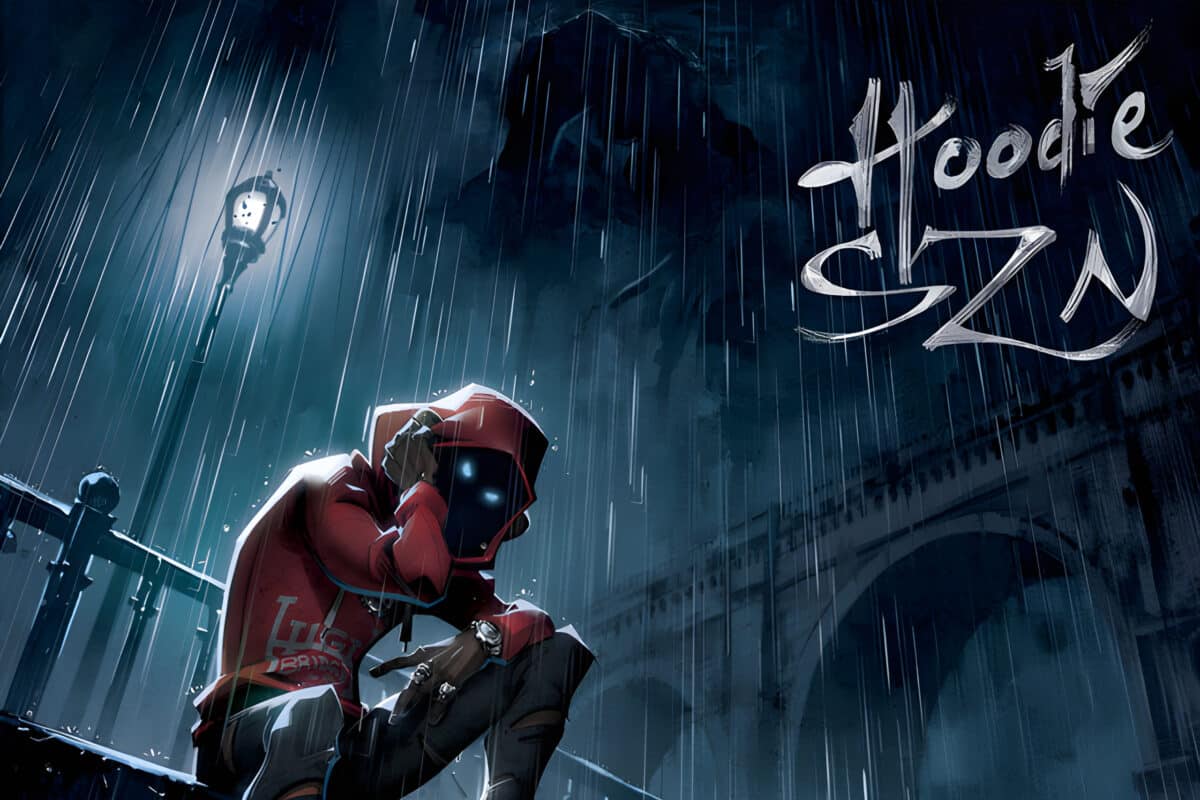Released: 2018
“Voices in My Head” by A Boogie Wit da Hoodie captures a narrative intertwined with personal conflict, reflections on wealth, loyalty, and revenge. It discusses complex relationships and internal struggles, presented through a raw, authentic lens of a hip-hop artist navigating his reality.
The song opens with the mention of ‘Monsta’ tearing it up, which sets an intense, perhaps aggressive, tone for what’s to follow. This establishes an underlying sense of disruption or chaos, suggesting internal and external conflicts.
In the first verse, the focus is on a tumultuous relationship where the woman desires his heart to hurt, symbolizing emotional pain. He talks about a relationship devoid of genuine connections, merely transactional—highlighted by the Gucci purse symbolizing materialistic exchanges. A Boogie feels that the woman believes he’s using her, emphasizing the mistrust and shallow connections often present in such dynamics.
There’s a hint of irony in “My diamonds mad rich, they so rude to her,” suggesting that his wealth (diamonds) which should symbolize value, instead seems offensive or inadequate to her. His actions and reactions, like calling his side girl, are portrayed as responses to suspicions and insecurities, laying bare the tit-for-tat dynamics.
A Boogie references his roots with “She know I’m from Highbridge,” affirming his authenticity and credibility. The mention of “free Montana” is a callout to his friend who was incarcerated, injecting themes of loyalty and justice. The harshness of a 10-year sentence “for nothing” resonates with systemic injustice concerns prevalent in his community.
His reluctance to engage in interviews, “I don’t wanna do no interviews, I’m not into that,” can be seen as a desire to let his music speak for itself, conveying raw emotion and stories directly. A Boogie likens himself to “Malcolm” (presumably Malcolm X), which might signify his feeling of being a targeted or misunderstood leader, reinforcing the weight of expectations on his shoulders.
Throughout, A Boogie presents a dichotomy between the glamor of success (“seven million in plaques”) and the accompanying danger and distrust. His awareness of needing protection is highlighted in “way too smart to leave my crib without straps,” emphasizing survival instincts amidst wealth and fame.
The subsequent lines shift towards reflections on women and relationships, drawing parallels between rivalries and romantic relationships. By saying “you’re just like all the bitches I know,” he compares untrustworthy individuals, whether in romance or competition, portraying an environment where trust is a scarce commodity.
A Boogie shares the introspection that both he and his partner are “just like you,” indicating a mutual understanding of faults and flaws, recognizing similarities despite their tensions. This duality underscores his acknowledgment of their shared struggles and hypocrisies.
Closing on a darker note, A Boogie refers to tragic losses with “they killed my nigga Quado,” expressing pain and anger at losing close ones, which morphs into a vengeful determination that “somebody better die next.” This potent statement reflects a harsh cycle of violence and the severe impact of loss on his psyche. This ending provides a powerful commentary on the systemic issues plaguing his community.








